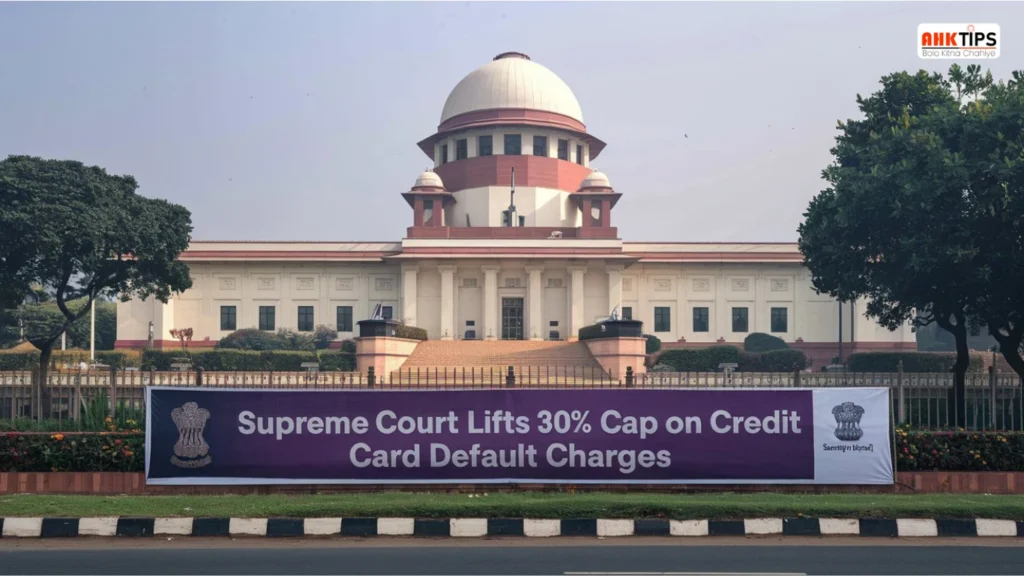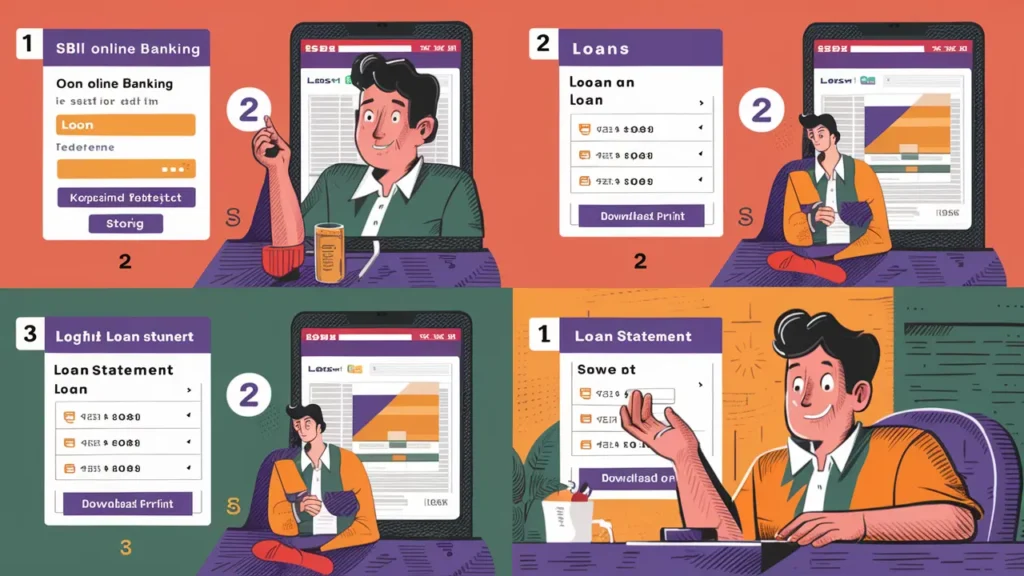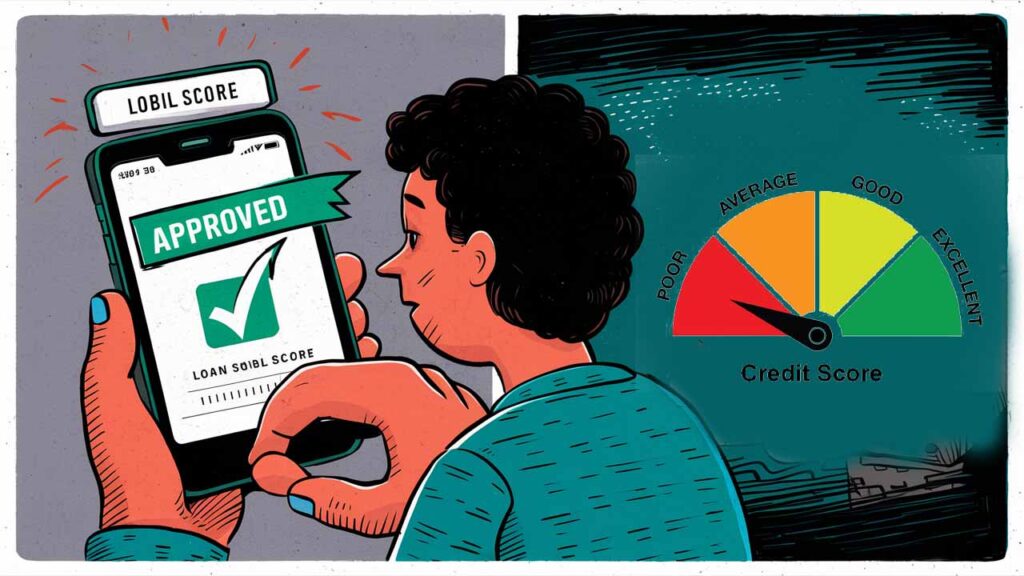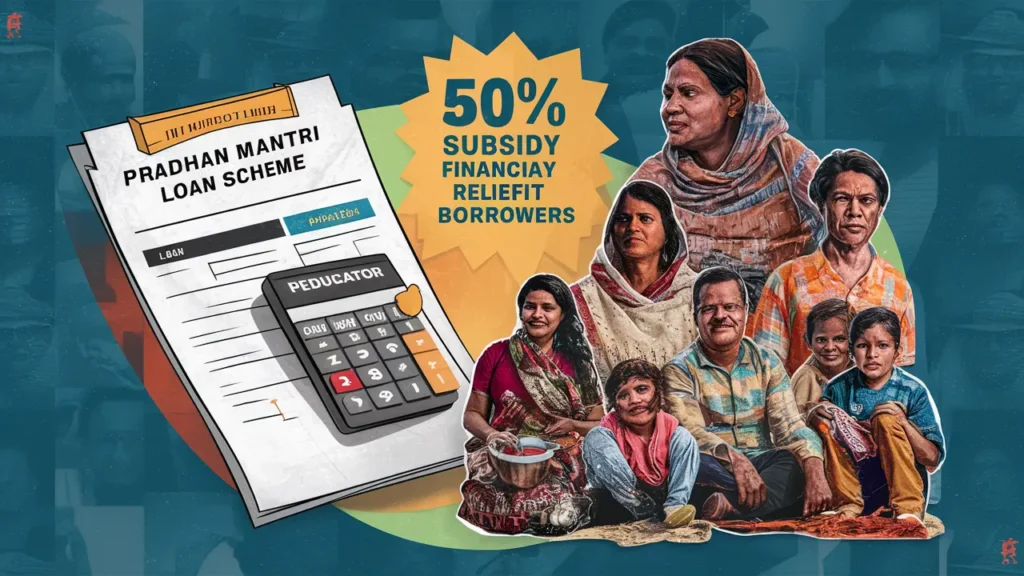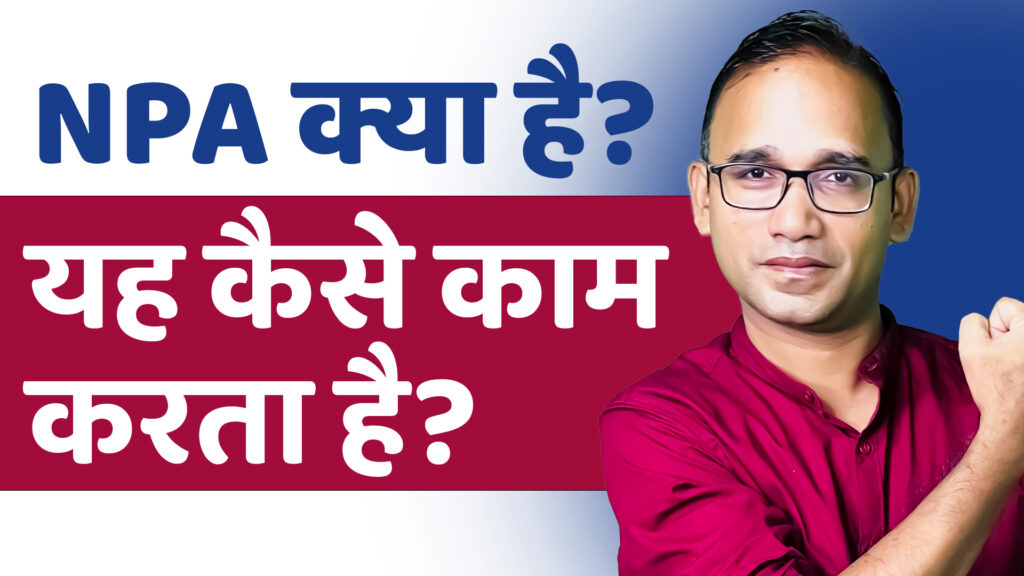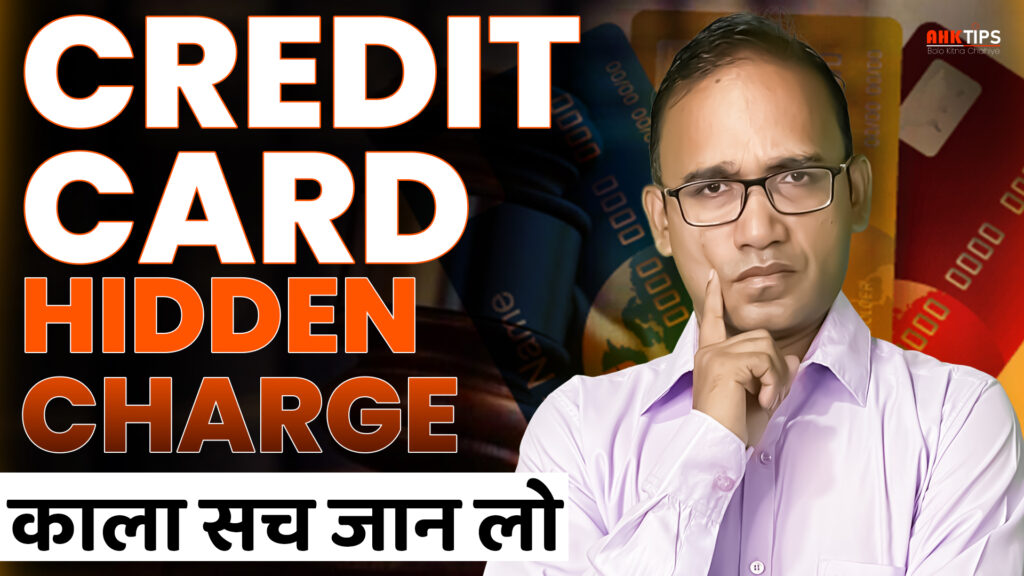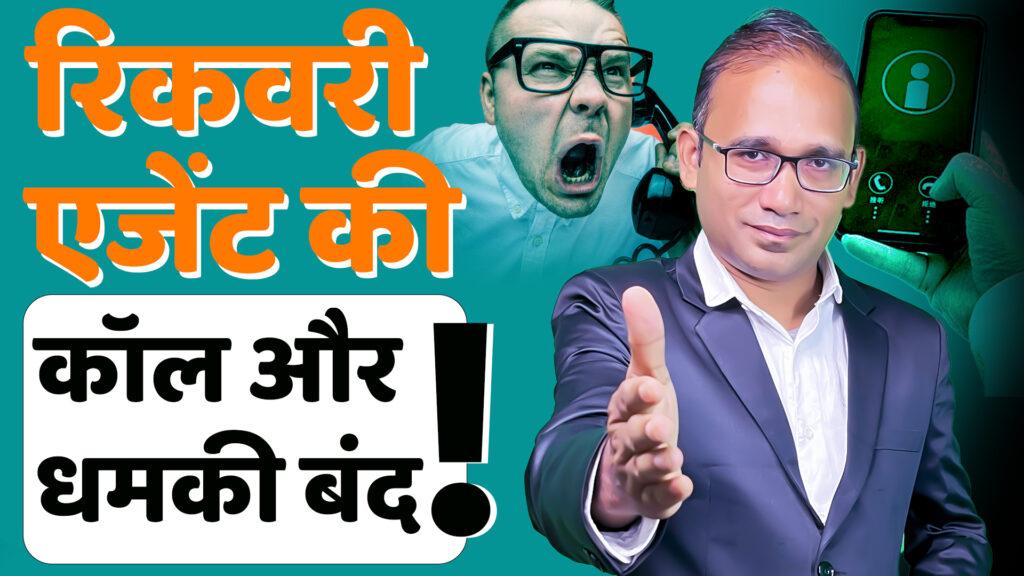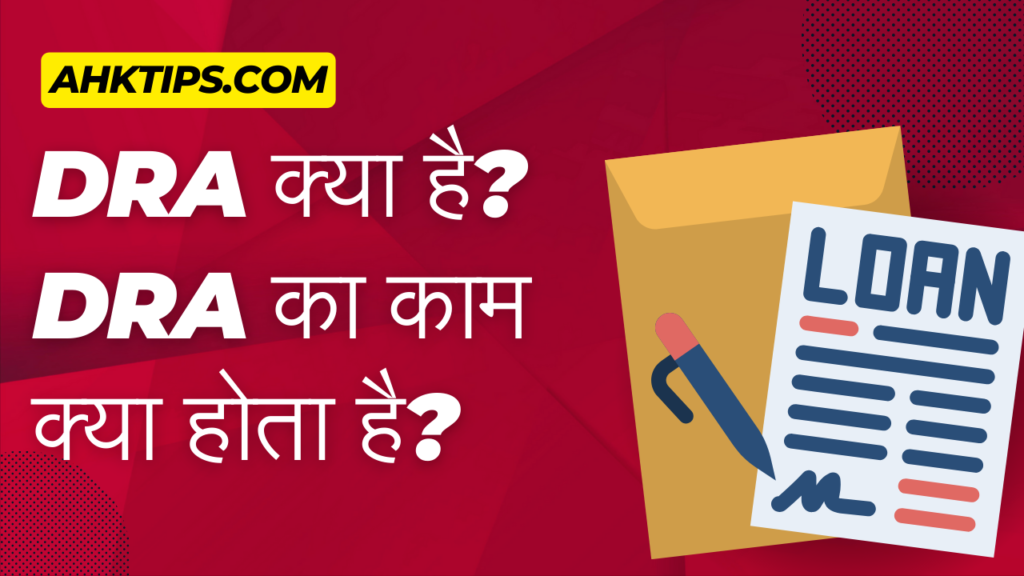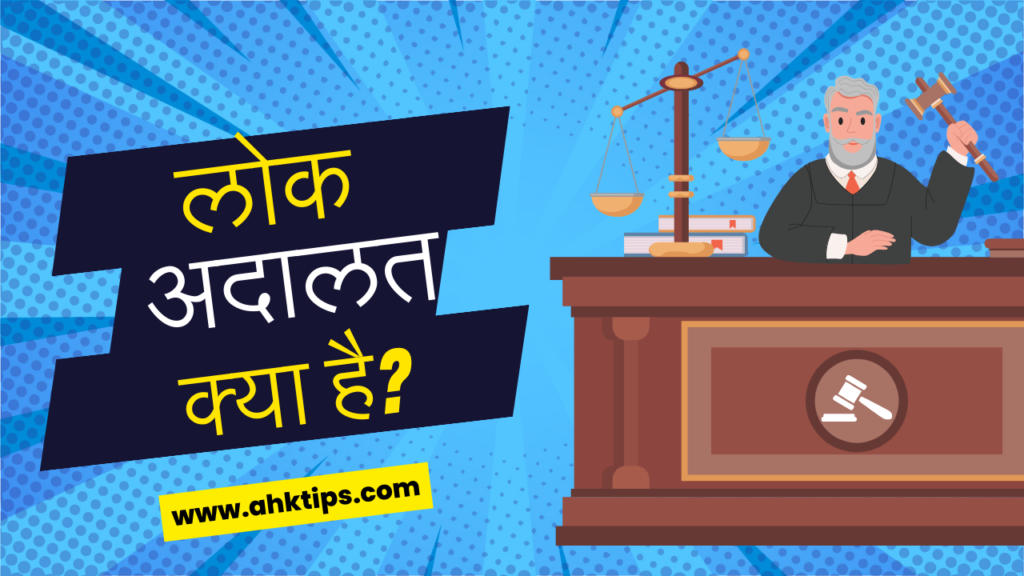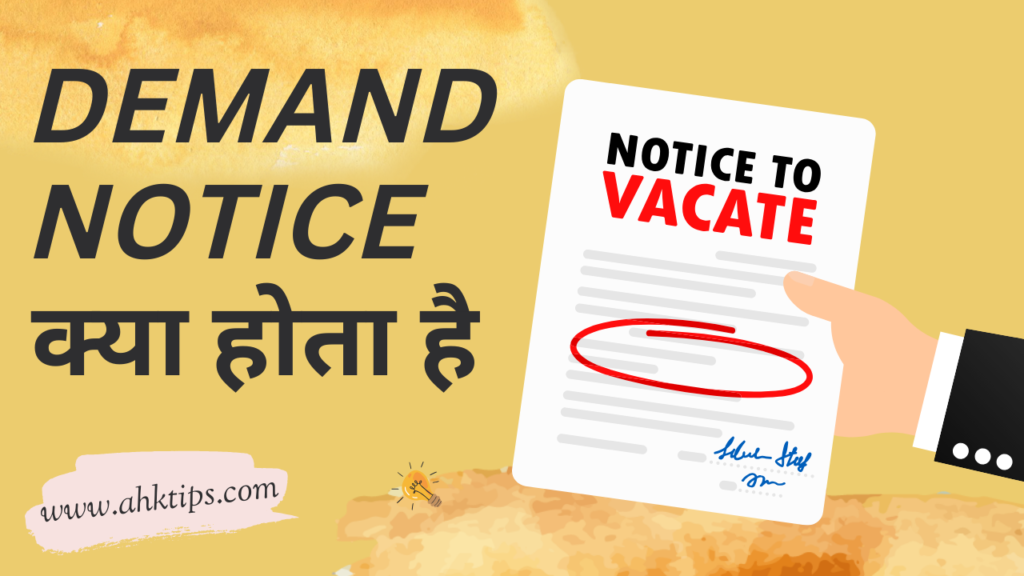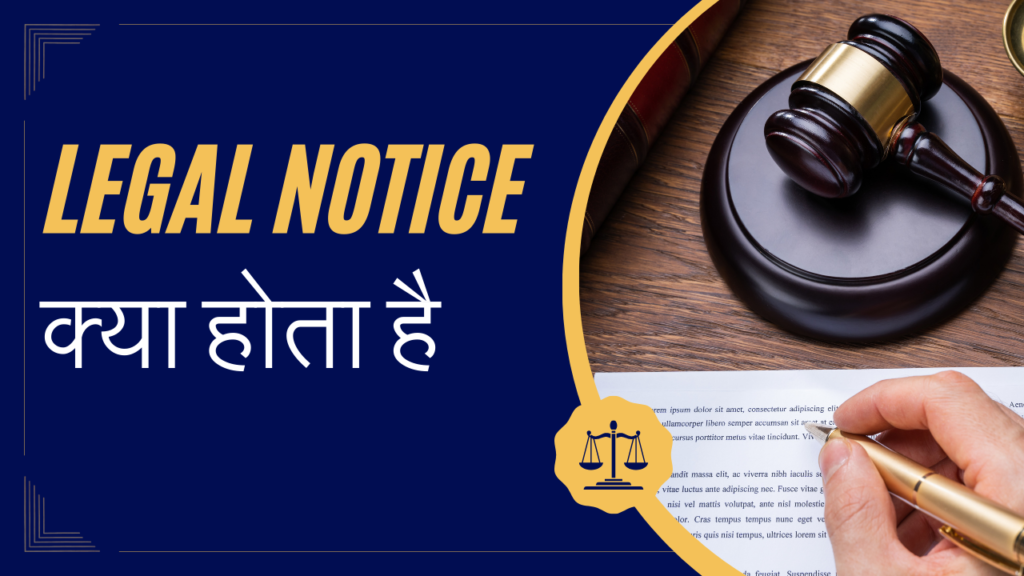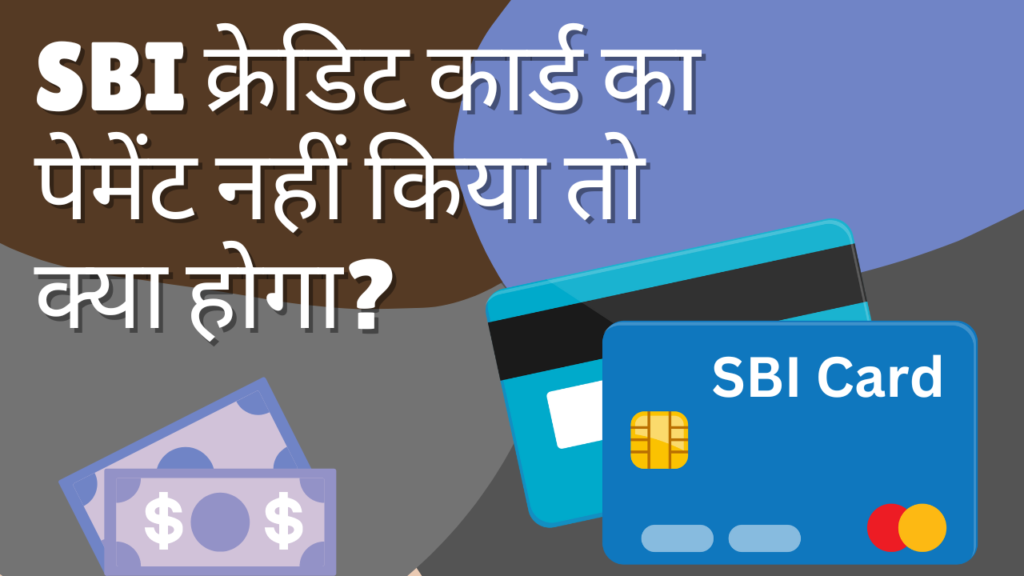Using a credit card has become a common thing these days. Supreme Court lifts 30% cap on credit card default charges, It is a facility that can prove to be beneficial if used correctly. But, if it is used incorrectly or without thinking, it can become a big loan problem. Especially, when the credit card bill is not paid on time, the financial condition can worsen due to the heavy interest charged by the banks.
Recently, the Supreme Court has made a big decision related to the interest rates charged on credit cards. This decision has resolved an important issue for both consumers and banks. Let us understand it in a simple and detailed way.
Case of interest on credit card default, Supreme Court lifts 30% cap on credit card default charges
Banks charge very high interest from consumers if their credit card bill is not paid on time. The matter reached the National Consumer Disputes Redressal Commission (NCDRC) regarding this issue. NCDRC had said in one of its decisions that charging 36% to 50% annual interest by banks from consumers is an unfair trade practice and had held it wrong. If any help for guidance to apply now.
NCDRC had limited the interest rate on credit cards to a maximum of 30%. The commission believed that the relationship between banks and consumers is unequal. Consumers have no choice but to accept the rules of banks. Therefore, charging such high interest to consumers is unfair.
Supreme Court’s decision (Supreme Court lifts 30% cap on credit card default charges)
However, this decision has been made by the Supreme Court. A bench of Justice Bela M. Trivedi and Justice Satish Chandra Sharma of the Supreme Court quashed the 2008 order of NCDRC. The court has said that banks have the right to charge more than 30% i.e. up to 50% interest from consumers.
This decision has given a big relief to the banks because now they can charge up to 50% interest on credit card defaults.
NCDRC’s argument and comparison of interest rates
NCDRC had said in its decision that the interest rates being charged by banks in India are much higher than the rates applicable internationally. The Commission cited the interest rates applicable in different countries:
- USA and UK: 9.99% to 17.99%
- Australia: 18% to 24%
- Philippines, Indonesia, and Mexico: 36% to 50%
The Commission believed that it was unfair to adopt such high interest rates in a large and developing country like India. However, the Supreme Court rejected this argument of NCDRC.
What is this decision for consumers? (Supreme Court lifts 30% cap on credit card default charges)
After this decision of the Supreme Court, consumers have to understand that credit cards should be used very carefully. If the bill is not paid on time, then banks can now charge up to 50% interest.
This decision is like a warning for those consumers who do not use credit cards wisely.
How to use a credit card correctly?
- Pay bills on time: Always pay credit card bills on time. To avoid default, pay the full amount instead of the minimum amount.
- Do not spend more than necessary: Use a credit card according to your income and capacity.
- Pay attention to the interest rate: Before using a credit card, read its interest rate and penalty terms carefully.
- Use only in an emergency: Keep credit cards only for emergencies and avoid unnecessary expenses.
- Use offers properly: Take advantage of discounts and reward points available on credit cards wisely.
What are the disadvantages of credit card default?
If the credit card bill is not paid on time, the bank charges high interest on the pending amount. This interest can range from 36% to 50%. This amount increases rapidly and it becomes difficult to pay.:
- Not paying on time can spoil your credit score. Credit score has a direct impact on your future loans and financial transactions.
- Apart from interest, late fees and penalty charges are also added. This makes your total payment even higher.
- If you do not make the payment for a long period, the bank can also take legal action against you.
Ways to avoid credit card default (Supreme Court lifts 30% cap on credit card default charges)
- Turn on the auto-debit facility in your bank account so that the bill is paid on time every month.
- Use the credit card according to your needs and budget. Avoid unnecessary expenses.
- Interest keeps on increasing by making only the minimum payment. It is better to pay the full amount.
- Use the credit card only up to 30% of its limit. This will have a positive impact on your credit score.
- The interest rate and finance charge on every credit card is different. Understand these and choose the card.
Impact of Supreme Court’s decision on the banking sector (Supreme Court lifts 30% cap on credit card default charges)
This decision of the Supreme Court has definitely brought relief to the banks, but it will also have far-reaching effects:
- Banks are now allowed to charge up to 50% interest, which will increase their revenue.
- Consumers now need to be more cautious as high interest rates can increase their financial burden.
- Changes can also be seen in the facilities and offers provided by banks on cards.
International and Indian scenario on credit cards
International interest rates:
- US and UK: 9.99% to 17.99%
- Australia: 18% to 24%
- Emerging economies like the Philippines and Indonesia: 36% to 50%
The situation in India:
- Interest rates in India currently range between 36% and 50%. There is little chance of change in these rates after the Supreme Court’s decision.
Why is it important to use a credit card correctly?
- A credit card is a tool that helps meet sudden needs.
- You can get reward points, cashback, and other benefits if used correctly.
- Paying bills on time improves your credit score, which helps in future loans and financial assistance.
- It helps you track your expenses and do better budget planning.
How are credit card interest rates calculated?
The interest rate on credit cards is measured on an annual percentage rate (APR). This interest is applicable if you do not make the full payment. The interest rate is calculated as follows:
- Your unpaid amount is multiplied by the interest rate.
- This interest accrues every day and gets added to the next billing cycle.
Example: If you have Rs 50,000 outstanding on your credit card and the interest rate is 36%, then the monthly interest rate will be 3%.
Why is a credit card important for banks?
- Interest and charges on credit cards are a major source of income for banks.
- Credit cards keep customers connected to banks.
- Banks bring new offers and schemes to attract customers.
Conclusion:
This decision of the Supreme Court lifts 30% cap on credit card default charges is a big lesson for consumers. It shows how carefully and responsibly a credit card should be used. If you use a credit card correctly, it can prove beneficial for you. But if it is misused, you may have to face heavy interest rates and penalties.
Using a credit card can fulfill your convenience and needs, but it is important to work responsibly for this. This decision of the Supreme Court is a warning for consumers to avoid credit card default.
Timely payment, correct planning and limited spending is the right use of a credit card. Remember, a credit card is a helpful tool, not a means of wasteful expenditure.
Frequently Asked Questions (FAQ’s)
Ans:
Pay on time.
Request a low-interest rate card from your bank.
Keep a good credit score.
Ans: The bank can send you a notice. If you do not pay for a long time, this matter can go up to legal action.
Ans:
Avoid unnecessary expenses.
Use offers and reward points properly.
Understand the billing cycle.
Use the card only when needed.
Ans: The Supreme Court has overturned the NCDRC’s decision, which limited the interest rate on credit cards to 30%. Now banks can charge up to 50% interest.
Ans:
Make full payments on time.
Use auto-debit facility.
Plan your expenses.

